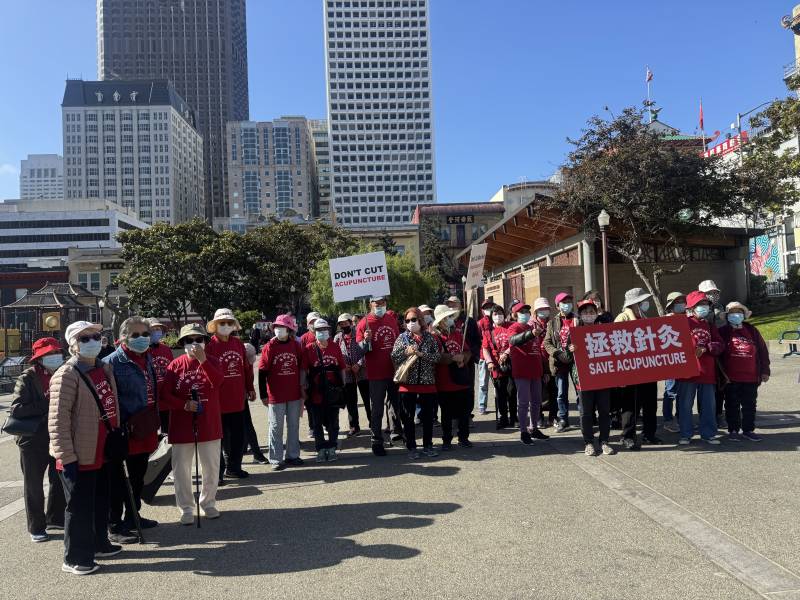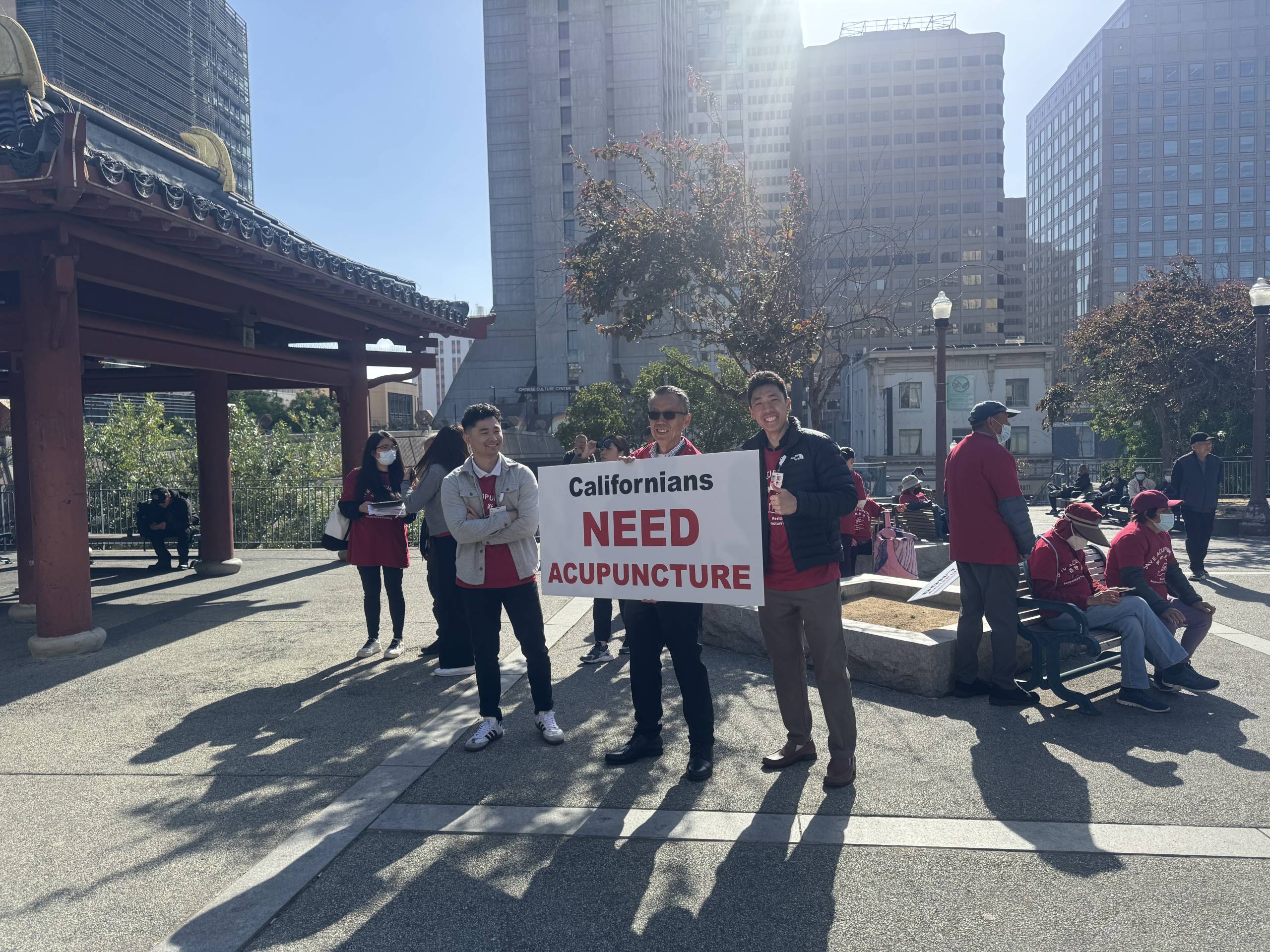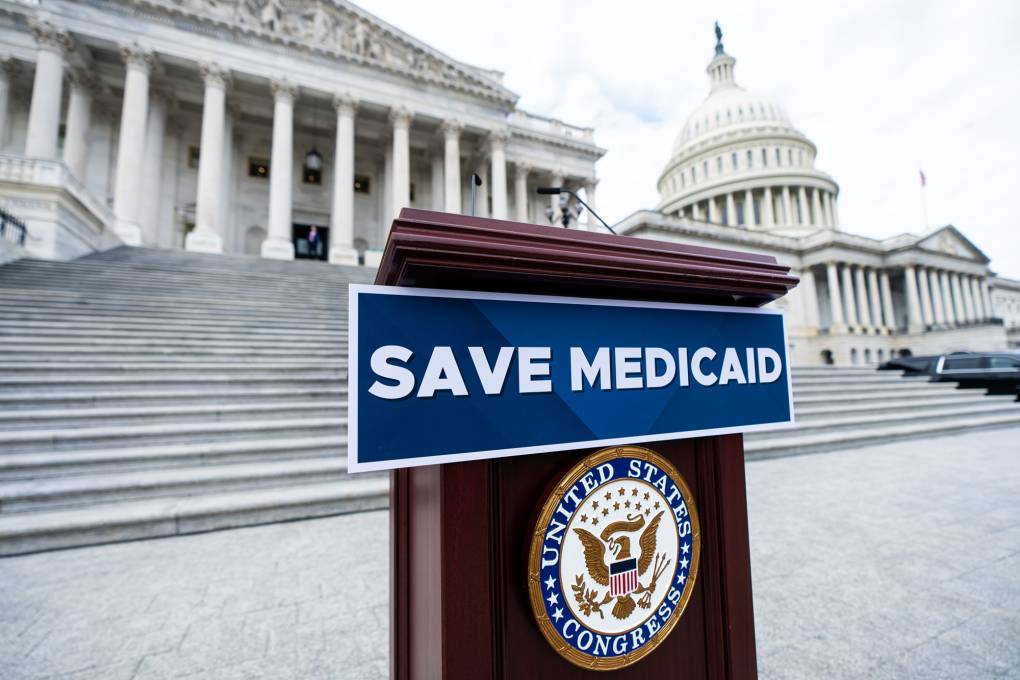At the press conference, retired acupuncturist Han Shulin carried a book of scrolls, bound by leather ties and filled with loose-leaf parchment that frayed at the corners.
The book bears ancient Chinese instructions for acupuncture treatment, Shulin said at the event, referring to the book as “a kind of acupuncture bible.”
“Our job is to inherit, to achieve acupunctures, to let acupunctions travel the world, to let them travel the whole family,” Shulin said, the book’s yellowed pages wrestling with light gusts of wind.
In a major study — in which Veterans Affairs Healthcare of Connecticut and Yale University researchers followed nearly 2 million veterans suffering from musculoskeletal disorders from 2005 to 2017 — researchers found that for over 270,000 veterans who used acupuncture services, opioid prescriptions “dropped significantly after these approaches were integrated.”
After these results, the VA widely adopted acupuncture as part of its holistic health model, “because it works and it reduces long-term costs,” Lin Yang, vice-president of the California Acupuncture Coalition, said at the event.
Speaking at the event, District 3 Supervisor Danny Sauter recalled that a year earlier, his campaign trail led him to Chinatown’s Portsmouth Square, where the budget cut protest was located. He had asked a senior citizen what was most important to her, expecting her response to involve housing affordability or public safety.
But he said he was surprised when she responded: ‘Zom Gao,’ or acupuncture, in Mandarin.
“She grabbed my hand and showed [me] where she gets acupuncture,” Sauter said. “She said, ‘Zom-Gao.’ She said acupuncture is the most important thing to her.”



